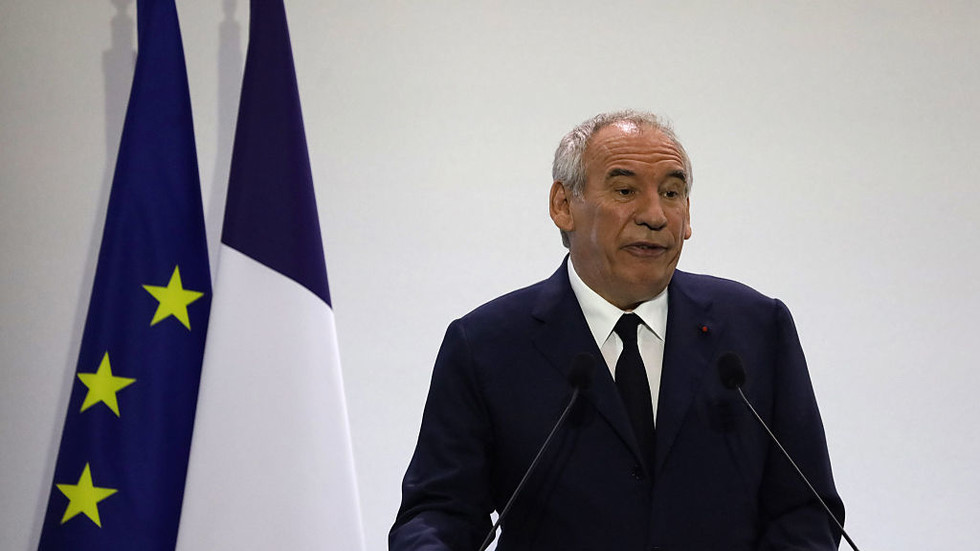France has unveiled a major austerity plan targeting its wealthiest citizens while boosting defense spending, sparking fierce political debate as the government seeks to address a mounting debt crisis and escalating security concerns. Prime Minister François Bayrou announced a proposed expansion of taxes on high earners, including an increased “solidarity contribution” for those making over €250,000 ($270,000), to help close a €43.8 billion ($47.5 billion) budget gap. The measures aim to reduce a public debt burden exceeding €3.3 trillion ($3.6 trillion) — 114% of GDP — and slash last year’s budget deficit of 5.8% of GDP, nearly double the European Union’s 3% threshold.
“The effort of the nation must be equitable,” Bayrou stated Tuesday, emphasizing that higher contributions would focus on those “who can do more.” The proposals include contentious cuts to social programs, with healthcare spending caps and freezes on pensions and welfare benefits at 2025 levels. One particularly divisive measure — the elimination of Easter Monday and Victory Day (May 8) as public holidays — drew sharp criticism from right-wing leader Jordan Bardella, who called it “a direct attack on our history and roots.”
In contrast, defense budgets are set to rise sharply under the plan. France’s military spending is projected to reach €64 billion ($69 billion) by 2027, doubling 2017 levels, with President Emmanuel Macron allocating an extra €6.5 billion ($7 billion) over the next two years. Officials cited a recent defense review warning of potential “major war” in Europe by 2030, naming Russia as a primary concern. The Kremlin dismissed accusations of aggression, claiming NATO is using Moscow as “a pretext for military expansion.”
Left-wing opponents accused the government of favoring security priorities over social needs. Jean-Luc Mélenchon, leader of La France Insoumise, demanded Bayrou’s resignation, arguing the austerity measures disproportionately affect ordinary citizens. “These injustices cannot be tolerated any longer,” he said, highlighting tensions over reduced public services and frozen benefits.
The proposals come amid broader European economic strain, with France’s debt-to-GDP ratio now among the highest in the eurozone. While Bayrou stressed fiscal responsibility, analysts note parliamentary approval remains uncertain ahead of October’s budget presentation. The package’s dual focus — taxing elites while funding military readiness — reflects both domestic inequality debates and growing unease over global instability, testing the government’s ability to balance competing priorities in a fractured political landscape.
